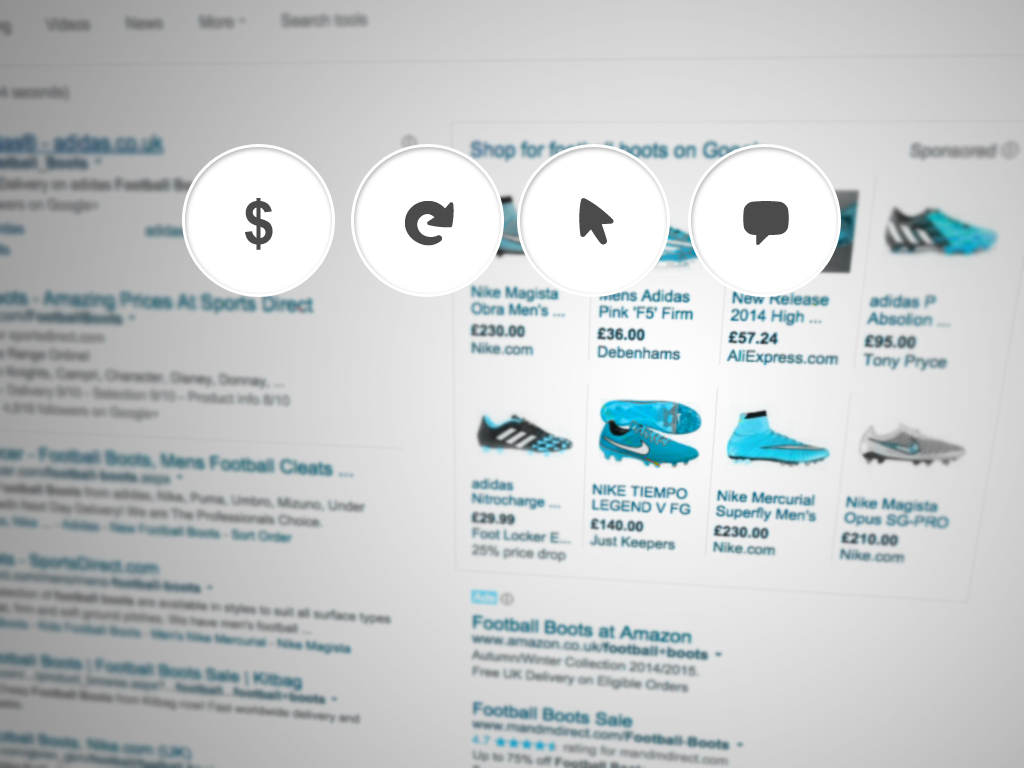A survey conducted by Econsultancy and Teradata of 400 senior marketers has revealed that data driven analytics and marketing will be a top priority for brands in the coming months and years. Data driven practice will drive greater customer-centricity and personalization, not only to create exceptional consumer experiences, but also as a strategy for driving overall revenues.
Data-driven marketing can be a tremendously powerful concept for brands. By far its greatest value comes from the fact that it’s no longer necessary to guess or make assumptions about how consumers are behaving and what they are interested in. Data can tell marketers exactly what consumers are receptive to and what kind of advertising they want to see.
Today, the ability to connect large amounts of online data with traditional offline data and know-how, is driving cross-channel insights and personalized marketing campaigns. With integrated communication tools, marketers can reach and engage consumers at multiple touch-points in purchase journeys, adapting to their moments of need in real time.
Teradata/Econsultancy’s report surveyed 400 senior marketers from multiple industries in July, posing questions such as: “How have customer-empowered channels reshaped marketing budgets?”, “How has the use of digital marketing channels caused the marketing landscape to evolve?”, and “How are CMOs and CIOs aligning differently to ensure all customer data is accessible?”
The report highlighted an huge demand for marketing technology from a majority of brands, with more than 75 percent of businesses already implementing marketing attribution systems, cloud marketing management systems, and audience management systems. Other marketing technology systems also have high levels of usage:

The figures correspond to an overall rise in digital marketing budgets, with digital marketing budgets due to experience an average increase of 14 percent.

Here are some key statistics from the report:
- Becoming customer-centric is considered a top priority for 49 percent of organizations.
- Actions and strategies to achieve this include implementing holistic attribution, with 45 percent of marketers looking to put this in place in the near future.
- Restructuring KPIs to reflect the complexity of the customer journey will be a priority for 41 percent of marketers.
- Big data analytics is expected to be implemented by 75 percent of brands within two years.
- Encouraging cross-team cooperation is a priority for 54 percent of marketers, and hiring staff devoted to customer-centric activities was identified as a priority for 32 percent of marketers.
- Many companies expect their digital investment to reach 50 percent by 2019, but the average figure is expected to be roughly 40 percent.
- Digital advertising is the largest single channel budget at 17 percent, followed closely by search, at 16 percent, and content at 15 percent. Digital advertising also has the largest variation in spending across media such as website spending, social, email, and mobile.
- 34 percent of marketing leaders saying they plan on significant increase in mobile budgets.
- Paid search budgets will continue growing, with 37 percent planning some increase, but only 14 percent predicting a significant one.
Customer-Centricity And Personalization
The report confirms the growing sentiment in the industry that customer-centricity and personalization are amongst the highest priorities for consumer facing businesses. Up to 86% of enterprise companies are already practicing some form of personalization (although fewer than 20% are doing so in real-time) and this is expected to increase.
Marketers however, appear optimistic as to the continued positive impact of technology on advancing marketing performance throughout consumer experiences. As the report summarizes:
“What’s clear throughout the report is the goal of building a customer-first approach. Current and near-term plans for the technologies of customer analysis and experience are a validation that companies are moving away from simple platitudes towards optimizing the investment of their hard-won budgets. They also confirm that there’s a long way to go.”
You can download the full Teradata/Econsultancy report here.


